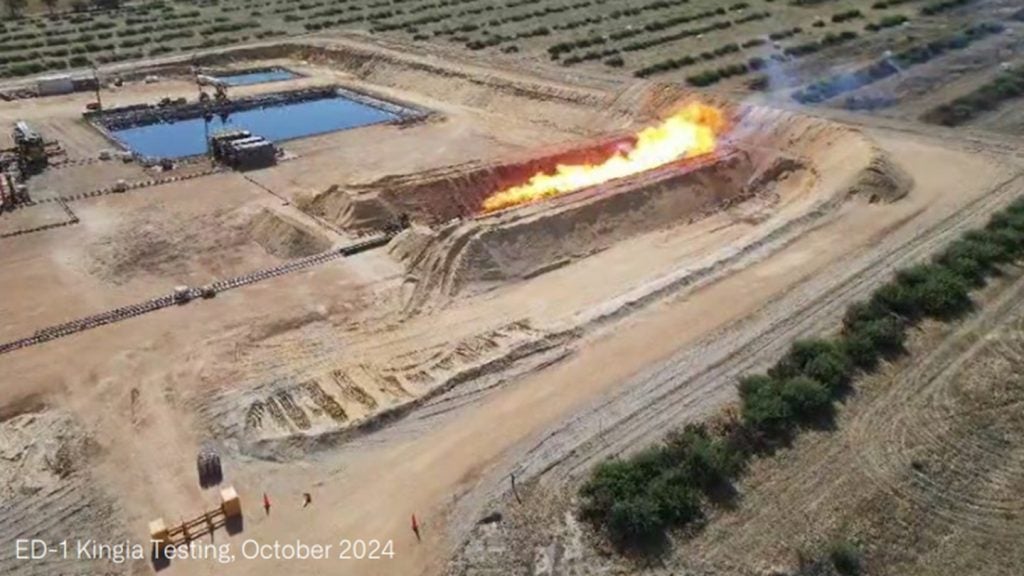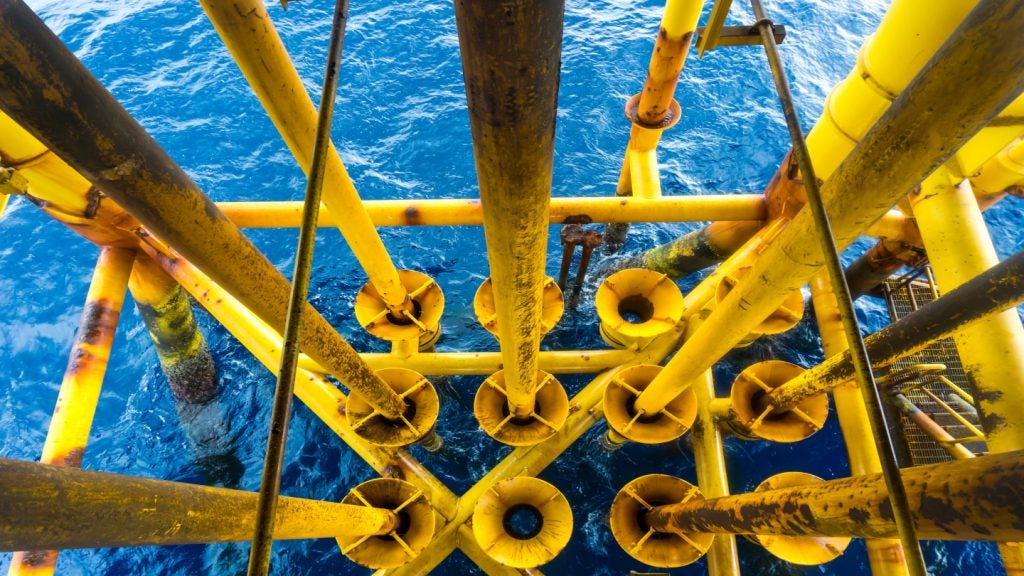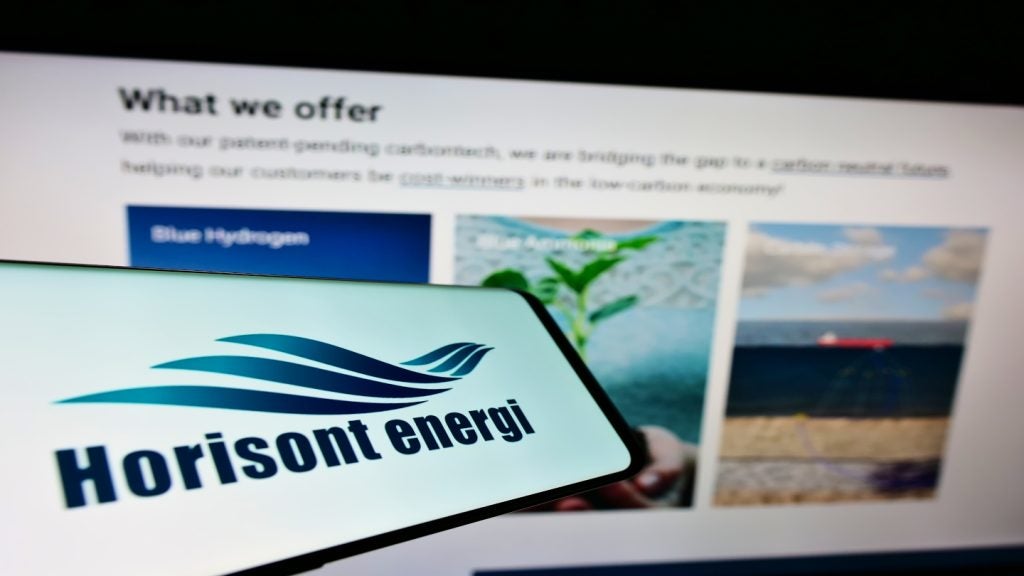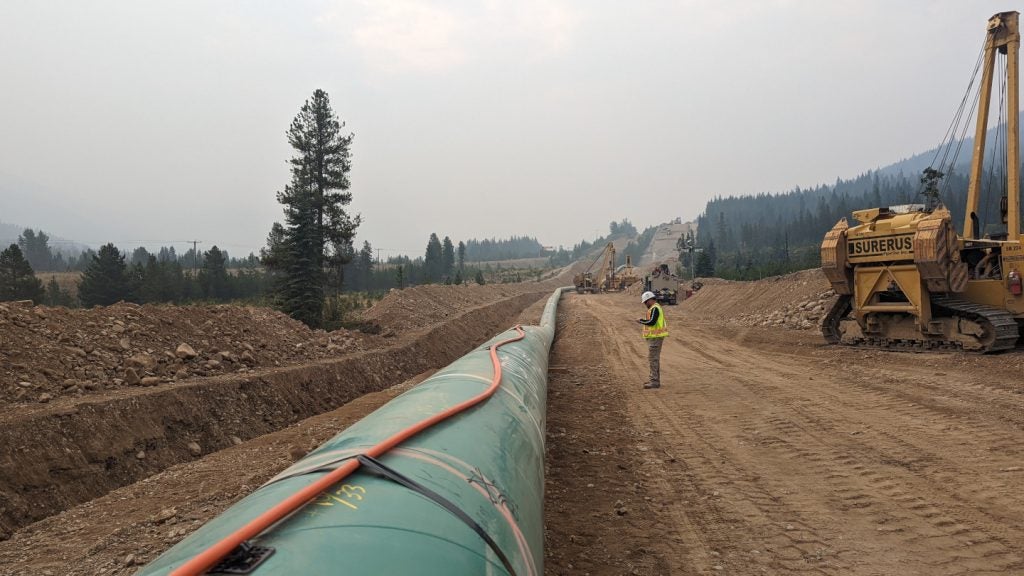
Oil and gas firm Shell has unveiled plans to set carbon emissions reduction targets in the wake of growing pressure from investors, linking achievements to executive remuneration.
Considered to be the industry’s first, the proposed remuneration policy will be put to vote for shareholder approval in 2020.
How well do you really know your competitors?
Access the most comprehensive Company Profiles on the market, powered by GlobalData. Save hours of research. Gain competitive edge.

Thank you!
Your download email will arrive shortly
Not ready to buy yet? Download a free sample
We are confident about the unique quality of our Company Profiles. However, we want you to make the most beneficial decision for your business, so we offer a free sample that you can download by submitting the below form
By GlobalDataCurrently, 10% of executives’ remuneration is linked to carbon emissions reduction from its operations. Now the latest targets will include Scope 3 emissions.
The firm announced these plans in a joint statement with institutional investors on behalf of the Climate Action 100+, a five-year global initiative led by investors with over $32tn in assets under management.
Shell CEO Ben van Beurden said: “Meeting the challenge of tackling climate change requires unprecedented collaboration and this is demonstrated by our engagements with investors.
“We are taking important steps towards turning our Net Carbon Footprint ambition into reality by setting shorter-term targets. This ambition positions the company well for the future and seeks to ensure we thrive as the world works to meet the goals of the Paris Agreement on climate change.”
This move comes as the United Nations-hosted COP24 conference currently underway in Poland will define ways to implement the 2015 Paris Agreement to phase out fossil fuel use in this century and to embrace cleaner energies in order to address global warming.
Beginning in 2020, Shell plans to establish short-term targets on net carbon footprint each year for a three-year or five-year period until 2050.
Climate Action 100+ Steering Committee chair Anne Simpson said: “The commitment by Shell to fully respond to the engagement shows the value of dialogue and global partnership to deliver on the goals of the Paris Agreement on climate change. Shell is setting the pace, and we look forward to other major companies following its lead.”
Last year, the company set long-term ambitions to reduce its carbon dioxide emissions by 50% by 2050. This move, however, had drawn criticism from shareholders over the absence of binding targets for implementation.
The company also pledged in September 2018 to reduce its methane emissions levels at natural gas sites to 0.2% of total gas extracted.
Citing an unnamed Shell spokesperson, Reuters reported that the new targets will incorporate carbon emissions from fuel burning by its customers.
Shell stated that it will publish data on the net carbon footprint of its energy products initially in the Sustainability Report.
Climate change is a key global theme with pressure increasing on companies and countries globally to meet carbon emissions reduction targets.
Climate Action 100+ seeks to work with global companies to achieve the goals of the Paris Agreement.
Signatories of the Paris accord pledged to ensure global warming stays well below 2°C above pre-industrial levels.








